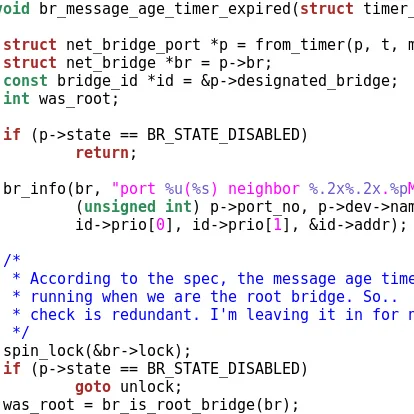Say Hello To Julia, A New LLVM-Based Project

From the mailing list announcement, "Julia is an open source language for technical computing that strives to be in the same class of productivity as Matlab, R, python+numpy, etc., but targets the performance of C and Fortran. It is due to LLVM that julia has been able to achieve such good performance (in my opinion), with relatively little effort in a short amount of time."
Additional information on the Julia project is available from JuliaLang.org. "Julia is a high-level, high-performance dynamic programming language for technical computing, with syntax that is familiar to users of other technical computing environments. It provides a sophisticated compiler, distributed parallel execution, numerical accuracy, and an extensive mathematical function library. The library, mostly written in Julia itself, also integrates mature, best-of-breed C and Fortran libraries for linear algebra, random number generation, FFTs, and string processing. More libraries continue to be added over time. Julia programs are organized around defining functions, and overloading them for different combinations of argument types (which can also be user-defined)."
Julia is made available under the MIT license and its LLVM-based JIT compiler has delivered some very promising results. Julia is far from being the first to use LLVM for its JIT compiler, with other projects like Mono already heavily relying upon this wonderful compiler infrastructure.
In other LLVM-related news, it appears that the MIPS port to LLVM is in quite good shape. LLVM is most actively being worked on for i686, x86_64, and ARM architectures, but MIPS this week went as far as comparing its LLVM compiler port as to the x86 completeness with this mailing list activity.
6 Comments

